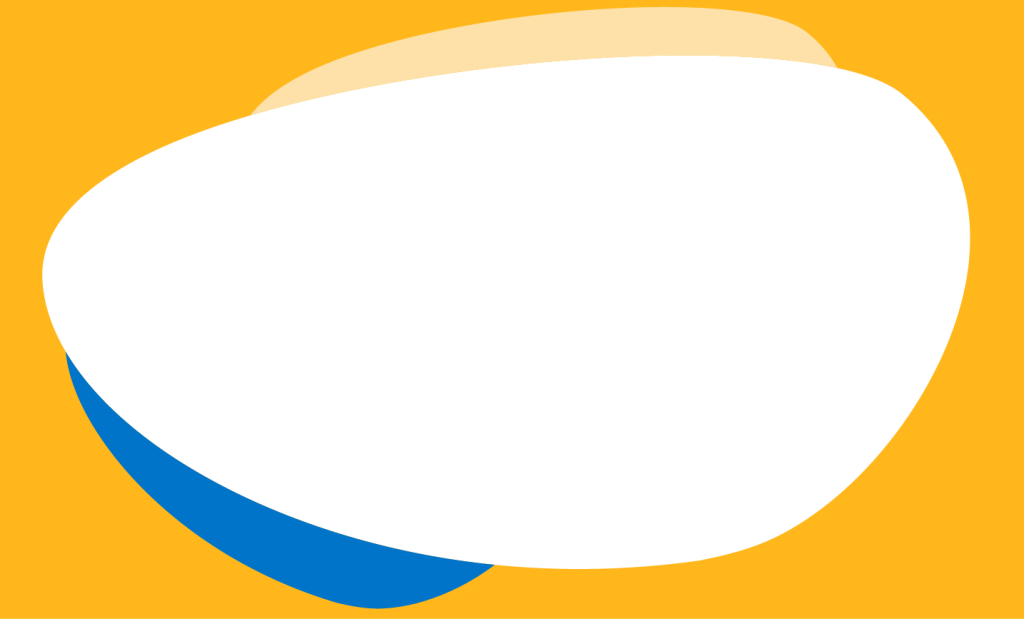

Attention is the ability to obtain and sustain appropriate attention to a task. This can be influenced by motivation, self-esteem, sensory integration, practice, language difficulties and any existing diagnosis.
Effective attention is what allows us to screen out irrelevant stimulation in order to focus on the information that is important in the moment. This also means that we are able to sustain attention which then allows us to engage in a task for long enough to repeatedly practice it. Repeated practice is crucial for skill development. Attention also allows us to pay attention to the important details (e.g. in language: “do this, then…that before your brush teeth”).
When you have given an instruction to a child, encourage them to repeat it back to you to ensure that the child has grasped/understood what is expected.
To addresses attention difficulties that are sensory in nature.
Get close to the child to ensure they are able to hear you and see your face; get down to their level.
Use clear, specific language when making requests and, if necessary, show them what you want them to do.
To help a child maintain attention long enough to grasp the information required to complete a task.
Improve your child’s receptive language (i.e. understanding of language) so that they are better able to understand expectations and information and are therefore better able to respond to information.
to promote self-regulation through sensory and cognitive strategies to help improve attention and concentration.
uses physical (motor) components, oral organization, respiratory demands, and eye contact to assist with sensory regulation to help improve attention.
is a therapy program designed to reduce sensory or tactile defensiveness and assist with sensory regulation and thus attention.
Helps develop a child’s attention skills by teaching them how to attend to an activity whilst listening to specifically designed ‘therapeutic’ classical music.
Is the use of well considered individually tailored and consciously planned sensory motor (physical) activities to help achieve self regulation and better attention.
Activities that have a defined start and end point such as puzzles, construction tasks, mazes, and dot to dots.
Activities that are very specific and require very focused attention such has sorting, organising and categorising activities (e.g. card games such as Uno, Snap or Blink).
Gradually increase the amount of distraction whilst your child completes a task. Start by doing the task in silence, then introduce ‘white noise’ (e.g. static on the radio), then classical music, then commercial talk back radio and finally with conversation between others in the room.
Enable a child to see and understand what is going to happen next. Schedules also help people to organise themselves, to plan ahead and thus to attention more effectively as they know the end is coming.
(Ideally visual) help with transitions as they tell the child for how long and when they are going to have to do an activity. Timers allow us to pre-warn the child that a task or demand is coming.
For a discrete period of time where the child is engaged in an activity, implement a structure that gives the child a limited number of questions or statements that they can ask/make. Give them (for example) 5 ‘talking’ counters. Each time the child asks a question/makes a statement the adult takes a counter from them. When the child has no more counters, adults do not respond and the child learns to hold onto questions or statements and learns when to ask.

If your child has difficulties with attention, it is recommended they consult an Occupational Therapist.
If there are multiple areas of concern (i.e. beyond just attention) both Occupational Therapy and Speech Therapy may well be recommended to address the functional areas of concern. This is the benefit of choosing Kid Sense which provides both Occupational Therapy and Speech Therapy.

We acknowledge the land on which we operate as the traditional lands of the Kaurna people, and pay our respects to the spiritual relationship with country that all Aboriginal and Torres Strait Islander peoples hold.
Kid Sense is founded on inclusion and the belief that everyone is welcome. All diversity is celebrated, encouraged, represented and supported in our staff, our clients, and our community. You are welcome here.